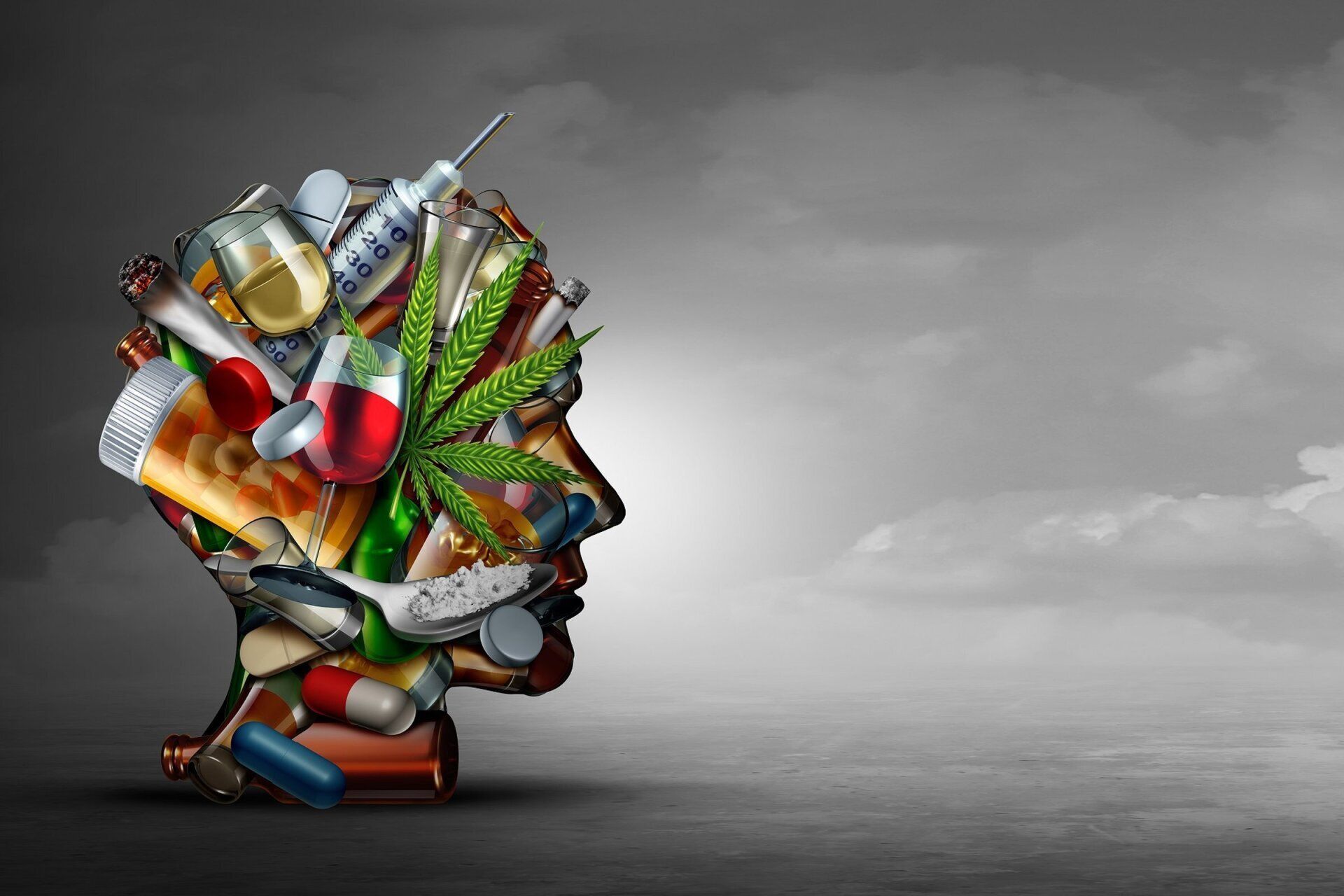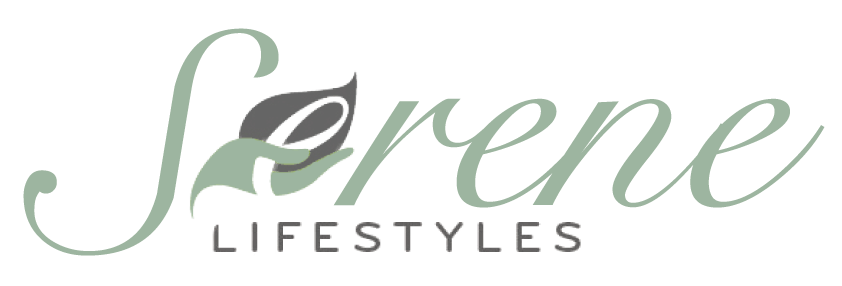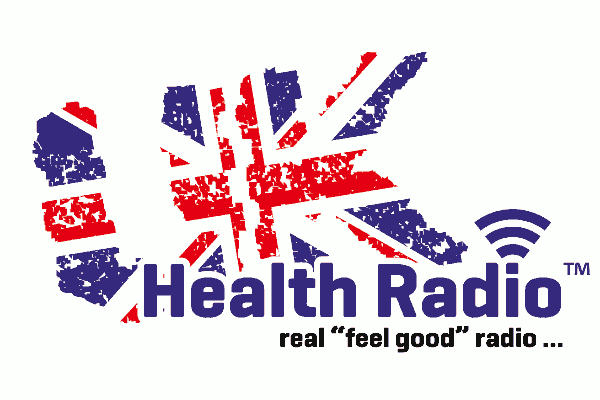Addiction
If you say the word addiction and ask a hundred people what they think about when they hear it - many of them will get a picture in their minds of a heroin addict.
Or an alcoholic, perhaps someone who abuses painkillers.
Sometimes they might mention someone who gambles too much.
The problem with that kind of definition is that the majority of people like to think of addiction as something that is outside of their own life.
And yet almost all of us have an addiction of one kind or another.
 Write your caption hereButton
Write your caption hereButton
At its simplest an addiction is any action that we continue to do regardless of its harmful consequences.
I need help, I’m so anxious about all sorts of things.
I don’t seem to be coping very well.
Am I suffering from depression?
As we dig a little deeper into their problem it becomes apparent that accepting and then defusing the trigger for their addiction is going to be an important part of their healing.
Some very common addictions that I have dealt with include:
- A problematic relationship to food including: Anorexia, Bulimia, night-eating, binging or simply excessive comfort eating. None of these labels are ever accurate in themselves–there is always more to it for the client than a simple diagnosis.
- Alcohol
- Nicotine
- Exercise addiction — Becoming hooked on the dopamine and endorphin release. They may even try to work out with injuries that require rest and without considering their own or their family’s needs.
- Gambling — often called the silent addiction
- Sex or Porn
- Gaming – often parents are concerned that children may impact their exam success thanks to excess gaming
- Smartphone addiction - It becomes a problem when you can’t put it down and spend time with your loved ones. If the idea of a screen-free day or even a screen-free evening horrifies you then you need to ask yourself what are you using your screen to block out? Or what else in your life don’t you want to look at?
- Sugar
- Plastic surgery addiction. Yes I remember all the jokes about Michael Jackson but at that time this was only likely to be a problem for celebrity clients. However, in recent years with the wide availability of surgical and non-surgical body and face procedures some people are suffering from body dysmorphia with repeated surgeries being a symptom.
- Shopping/Online Shopping addiction
- Drugs
- Self-Harm–another psychologically complex topic but it still functions like other addictions.
- Unfulfilling relationships with emotionally unavailable partners. Yes I can hear you wondering if that is really addiction? But we have to look at the question ... when does a pattern become an addiction?
All of these apparently random addictions have two things in common.
- They can cause people to have poor self-image and they can and do lead to stress, depression and anxiety
- My unique and rapid therapy toolbox can help quickly.
Why not contact me for a no-obligation consult call to see how I could help you

"Thanks to Belynder I'm now a non-smoker for over a year.
It hasn't been an easy journey. I tried to stop on my own and started eating instead of smoking and gained lots of weight ... so I began smoking again.
But I still wanted to stop.
I was 15 years old when I started and now I am 44. To have finally stopped after so many years is powerful. I feel better. I have more energy
I no longer have to worry if I smell like cigarettes.
I did not want to explore why I started smoking that was something I had never thought about before I met Belynder. But she was right. I had to explore the root of the problem. She has a powerful voice and she is a good person. She's fixed the smoking and my mind has changed.
Thank you Belynder."
- Shahid
Shahid

Belynder’s Solutions
Addiction
Case History
You have to want to make that change. I worked with an addict a few weeks ago.
Let’s call him Fred.
He was in a state.
The type of state where our own mind makes us feel so overwhelmed and encompassed by life that we want to give up.
Of course, certain things take time.
But seeing his transformation in just the first session was remarkable.
He felt freedom.
He has gone from our initial contact when he presented as being on the brink of suicide from desperation with his inability to control his addiction to today.
Today he asked me if I could help his friend and would it be OK for him to refer the friend to me!.
Wow what a long way to come!
All I am saying is the KEY to the shackles attached to your mind are within you.
Step forward and stop lying to yourself.
No one is going to set you free until you discover YOU hold the key to your thoughts.
All a therapist like I can do, is help you locate that key for yourself and then, if you feel compelled to speak your truth.
Stay blessed and know help is out there.
Contact me to arrange a free no-obligation initial consultation and let’s see how I can help you.
Important note:
Any case histories that I share here are completely anonymised. Names and some case details are altered, disguised or changed to protect my clients’ absolute right to privacy.

Related Articles
-
UK Health Radio
ButtonFind out how you can cope with separation or divorce from Belynder Walia, psychotherapist and mindfulness coach
-
How to deal with Anxiety
Read moreAnxiety is a feeling of unease, a worry or fear, that can vary from mild to severe and life-limiting
-
Colour Yourself Happy
ButtonMany people do not realise the impact that colour can have on our behaviour. It can impact our mood, our energy levels, our overall well-being and even our appetite! During these unprecedented times, people are growing increasingly anxious about their circumstances and what the future holds. So during this time, it is important to change...
Any case histories that I share here are completely anonymised.
Names and some case details are altered, disguised or changed to protect my clients’ absolute right to privacy.




